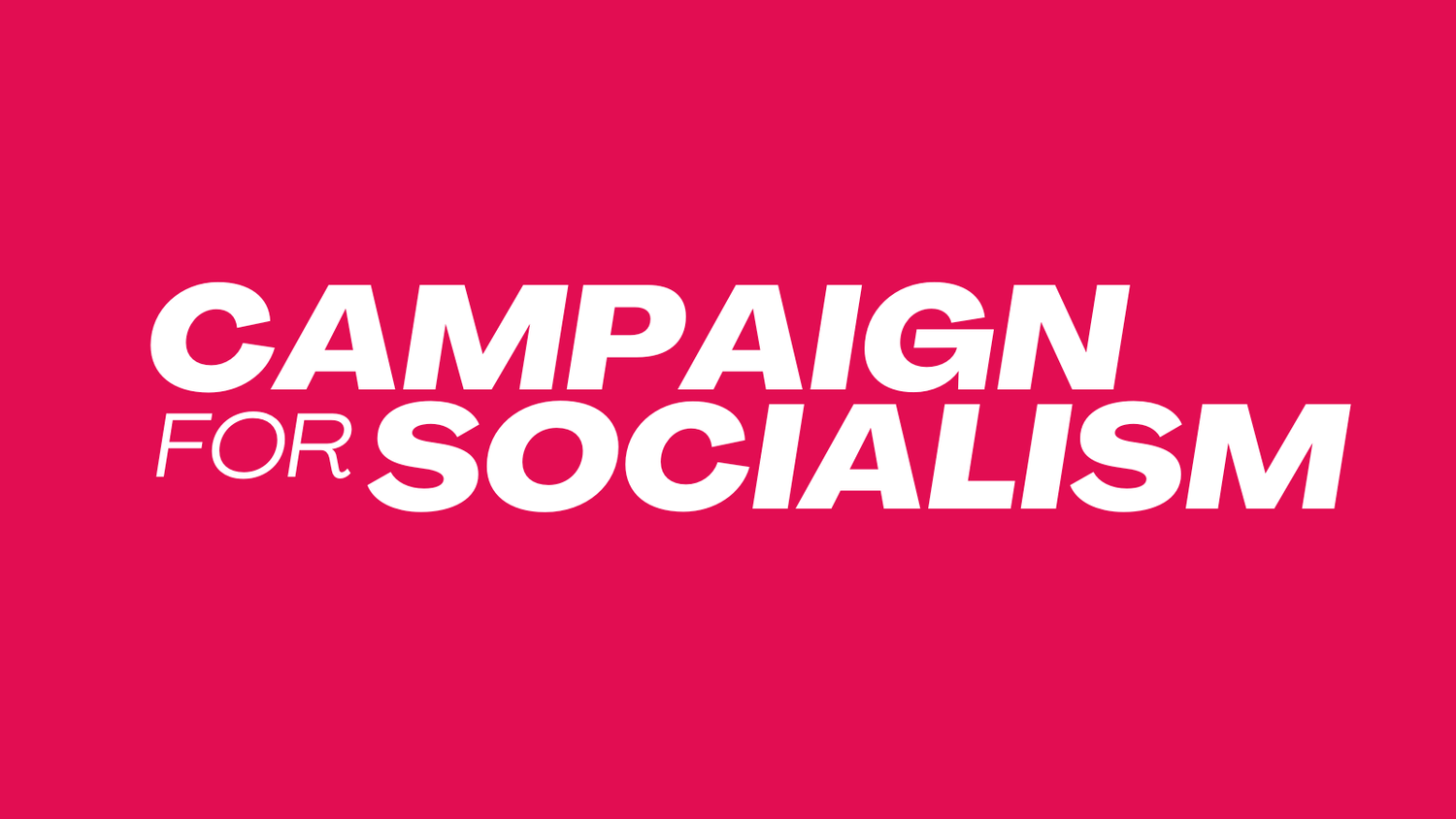By Cllr Kenny Selbie
The role of pay day lending companies within the consumer credit market continues to be a critically important issue, particularly given the findings and recommendations of the Financial Conduct Authority’s investigation into the industry published late last year and the subsequent political positioning on the matter by all parties at Westminster.
The debate within Parliament has, for the most part, focused on regulation and safeguards for consumers. The focus within the wider community has been more about developing resistance (through awareness-raising and direct campaigns against lenders with a high street presence) and emergency support (predominantly through debt advice and even food banks and other charitable measures). Both of these approaches are positive and likely to lead to some real changes in the industry over the next few years. But in my view one key element which requires greater attention is what socially conscious alternatives can be supported, and how this support is best facilitated.
It is clear that pay day loan companies are, regardless of what is said by the industry, exploitative and prey on those with no or limited alternatives to make ends meet. The industry defends itself purely on free market grounds – these services are open to all and provide a useful service to people who require short term credit. That the real profit is generated by default charges via missed or partial payments is just one of the clear examples that show there is no free market in operation here - only exploitation and profiteering against those who have the lowest level of financial options open to them and are least able to defend themselves.
The resistance and campaigning against pay day lenders is importanct, not just in dealing with the problem at a practical level but also to aid awareness-raising and support from the wider community. Along with many others I have personally been involved in supporting the Debtbusters campaign locally, led by Kezia Dugdale MSP and the Co-operative Party. This is just one of a number of ongoing campaigns across the UK and is creating real successes, for example:
- working with local authorities to ban access to pay day loan websites from council owned computers;
- lobbying the government for the introduction of “health warnings” for pay day loan companies;
- in collaboration with the Govan Law Centre, campaigning successfully for a freeze on debt interest when individuals apply for a Debt Arrangement Scheme.
While this work is important and needs to continue, there also needs to be a recognition that working people are not simply applying for these loans because of exploitative marketing gimmicks – there is a need for people in our communities to have access to short term credit. For many people we would be doing more harm than good by cutting off all supply without providing a responsible, sustainable alternative.
The further development of credit unions is fundamental to offering an alternative to pay day loan companies. The ethos of the credit union movement, as community co-operatives, ensures that individuals and families are offered non-exploitative competitive financial services, where a self-help approach ensures that while people are accessing low cost loans they are also saving and investing for the future. Credit unions are now available throughout the UK but we need to do more to make this alternative accessible and credible.
The larger credit unions can and do offer short term loans which can counter what pay day loan companies currently offer. This particular service is not as widespread as the broader financial services offered by most credit unions - and this is an area which requires greater attention from government and campaigners. The key to broader success for this service via credit unions is how to manage the underwriting of risk, given financial services are run by and for the community. Creating credit union presence at a street by street level, as well as a more sophisticated UK wide online presence, will assist to combat the multi-million pound marketing and branding of the private pay day lenders, and may start to offer a realistic mainstream alternative.
The ongoing campaigns and community action on pay day loans should not be seen simply as crisis intervention. It is also about focusing on, and gaining support from our communities for, co-operative values and principles - and advancing the argument that when we are united and working in solidarity, we can improve our collective material and social conditions. Tackling the scourge of pay day lenders in our communities will not be easy. But the fight continues and we will be successful when we focus not just on the impact of these companies, but also give our support for the alternative, offering our communities another way.

